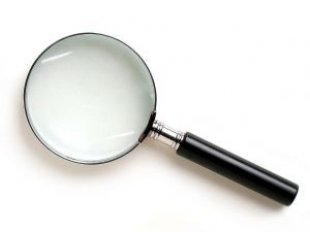Abstract
Use this lecture/slide show to develop student critical thinking skills and a more skeptical view of causal and other claims in research, advertising, and popular media in general. Although particularly relevant for research methods and statistics courses, the slide show can be used in various contexts. Use its fully automated form as a stand-alone...
Download this resource to see full details. Download this resource to see full details.
Details
- Subject Area(s):
- Research Methods, Statistics
- Resource Type(s):
- Lecture, PowerPoint
- Class Level(s):
- College 100, College 200, College 300
- Class Size(s):
- Any
Usage Notes
Students live in a world characterized by vast amounts of information in their ambient environment and at their fingertips, and in which science-based claims are too often ignored or sidelined. Skills for critically assessing the veracity of information in general and of claims in particular, are increasingly vital. Our students must navigate a world...
Download this resource to see full details. Download this resource to see full details.
Learning Goals and Assessments
Learning Goal(s):
- Students should be able to summarize the meaning and importance of evaluating claims critically.
- Students should be able to identify alternative meanings and interpretations of common advertising claims.
- Students should be able to list questions they should ask when using critical thinking to assess research claims in examples.
Goal Assessment(s):
- Use this two-part question on a one-minute paper classroom assessment or graded exam:
What does it mean to evaluate claims critically? Why is it important to evaluate claims critically?
Details in extended usage notes.
- Use this question in a one-minute paper assessment or graded exam:
Provide at least one possible alternative interpretation for the following claim(s) that you might see reported in media.
Details in extended usage notes.
- Use this question in a one-minute paper assessment or graded exam: What questions should you ask when assessing the following claim critically? (sample research claim here)
Details in extended usage notes.
When using resources from TRAILS, please include a clear and legible citation.


